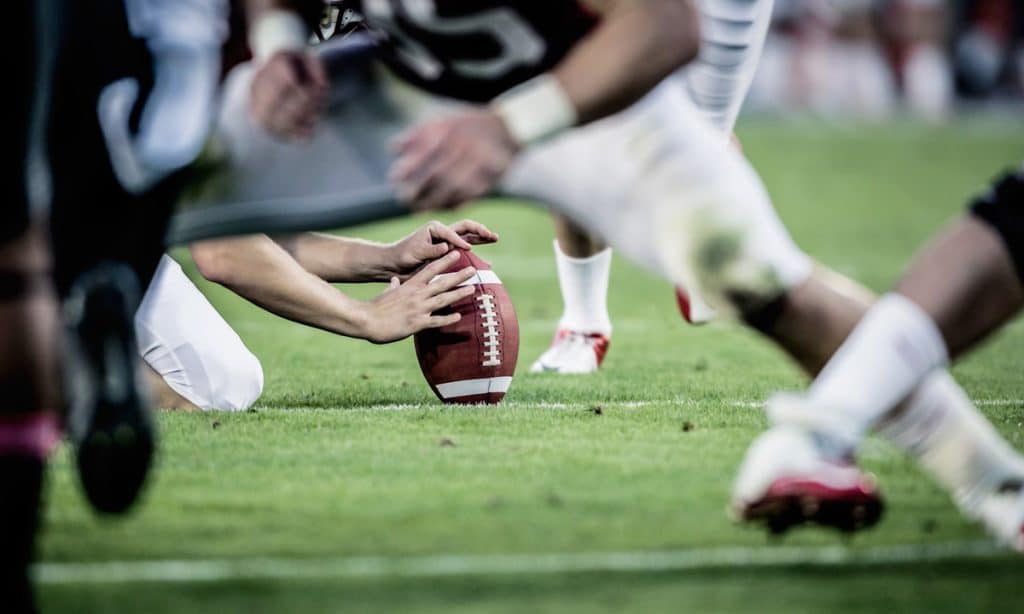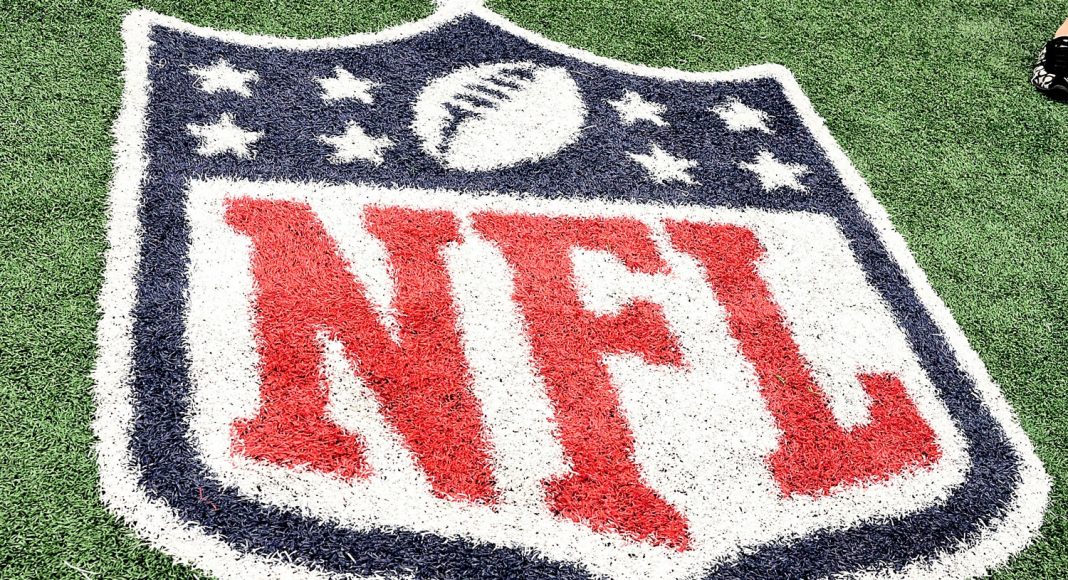Like most Americans, NFL players won’t see significant changes in marijuana policy until a change at the federal level.
The NFL’s new Collective Bargaining Agreement (CBA) has been approved by both owners and players, which means the league’s marijuana policy will now change; the NFL will move from a punishment model to a treatment-based one. Players won’t receive suspensions for positive marijuana tests and will instead receive a review from a medical board of doctors that will determine if they need help.
In addition, the league will reduce the marijuana testing window from four months over the summer to two weeks at the beginning of training camp. The threshold for a positive marijuana test will increase as well — up to 150 nanograms of THC/milliliter from its previous 35 ng/mL.
This all sounds positive on the surface, but it doesn’t represent the seismic shift in football’s relationship to marijuana many had hoped. Under these new rules, players who fail a drug test could lose between a half-week’s salary up to three weeks’ salary. How much depends on the number of positive marijuana tests a player has had. Outside the removal of suspensions, players can lose a significant amount of money in the tune of millions.
RELATED: Will The NFL Quietly Decriminalize Marijuana Under New Players Union Contract?
Unlike most jobs, NFL salaries aren’t paid year-round. A player who earns $16 million a year is paid out across the 16 games of the season — that would amount to $1 million per week played. These new fines aren’t that different from the previous CBA, where a first violation resulted in entering the league’s substance abuse program, with a second and third violation causing a fine of two and four game checks, respectively. Only under the fourth violation was a player suspended.

Also, players like Josh Gordon who were indefinitely banished from the league for positive marijuana tests won’t automatically be reinstated. According to ProFootballTalk, old rules regarding reinstatement still take precedent and Gordon would need to reapply and receive approval from NFL Commissioner Roger Goodell.
RELATED: The Future of Marijuana Testing In College Sports
The NFL still has reservations about being seen as pro-marijuana, Yahoo! Sports reports. Owners worried what message they’d be sending to younger fans. They also feared the complications around states’ different marijuana laws across the country and how they could clash with federal law. In a similar manner, earlier this year the NFL pulled back from embracing CBD as an alternative treatment for pain management.
“CBD is a promising compound, but the extent of its use in the United States outpaces the level of evidence,” the league’s pain management committee wrote in a paper sent to teams.
Like most Americans, NFL players won’t see significant changes in marijuana policy until a change at the federal level. Until then, they will still receive punishments, just not as bad as before.


